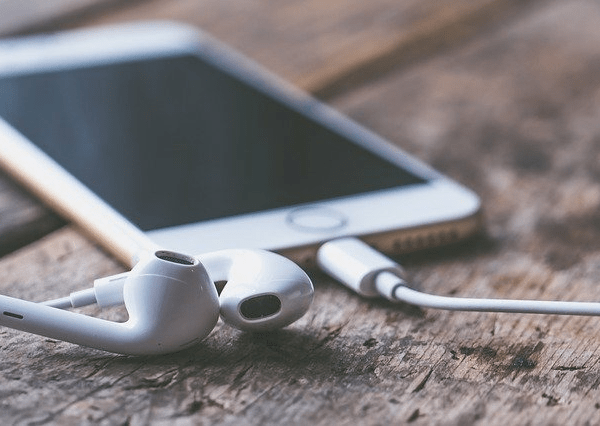It’s the end of an era for BlackBerry, the long-beloved smartphones best known for their physical keyboards and passionate userbase.
As of Jan. 4, Canada-based BlackBerry Ltd. has ended the legacy services for its devices, making nearly all BlackBerry-branded devices largely unable to make calls, use data or send messages.
What You Need To Know
- BlackBerry Ltd. has ended support for its once-ubiquitous keyboard smartphones, effectively cutting off the ability to communicate from the devices
- The company has transitioned away from smartphones to cybersecurity software
- BlackBerry devices boomed in the 2000s, finding adherents from the business world to celebrities to world leaders like President Obama
- By the 2010s, consumers flocked to Apple and Android devices, leaving BlackBerry’s parent company to pivot
“For many of us, those BlackBerry devices earned a permanent place in our hearts, and it’s been sad to see them go,” wrote BlackBerry CEO John Chen in a blog post. “The fierce commitment of our customers to their BlackBerry devices still fills us with pride, though we stopped manufacturing them years ago. We have been holding off on decommissioning the BlackBerry service out of loyalty to our customers for a long time.”
That loyalty extended beyond business enterprises and C-suites — the market BlackBerry most sought to corner — to the highest levels of fame and government. Celebrities like Paris Hilton and Kim Kardashian were frequently seen handling their BlackBerrys in paparazzi photos across the globe. (Kardashian even publicly lamented the death of her BlackBerry Bold in 2016, tweeting that she couldn’t even find devices to stock up with on eBay.)
President Barack Obama was an ardent fan of his BlackBerry, famously winning an internal struggle with handlers and advisers to hang on to the device that he once kept clipped to his waist. But even he, near the end of his second term, transitioned to a modern smartphone.
President Barack Obama checks his BlackBerry phone during a 2011 NCAA Carrier Classic basketball game. BlackBerry Ltd. ended support of its once-ubiquitous phones on Jan. 4. (AP Photo/Susan Walsh)
“I was this cool, high-tech guy when I got there, and I was the first President to have a BlackBerry,” Obama told Jimmy Fallon in 2016. “And so years pass, and no one else has BlackBerrys, and I still had the clip on my belt.”
The BlackBerry brand was born in 1999 as a line of pagers, but it boomed in 2003 when the BlackBerry 6210 smartphone debuted. That device featured the brand’s nearly ubiquitous physical QWERTY keyboard, and offered email, phone calls, text messages, a web browser and BlackBerry Messenger.
But the brand came into stiff competition over the next decade, as Apple and Android-based smartphones began to dominate the consumer market, and developers moved away from BlackBerry’s operating system. By 2016, BlackBerry announced that it would end production of its “Classic” model, a touchscreen phone witha physical keyboard. Subsequent BlackBerry branded phones, like the KeyOne, were based on the Android operating system, and built by TCL.
By then, the phone brand’s parent company began its transition away from phones to cybersecurity and software, which is now the core of its business.
“Chances are, we are more a part of your life today than we ever were as a handset company, though you may not even realize it. That suits us just fine,” Chen wrote. “Letting go of the …….
